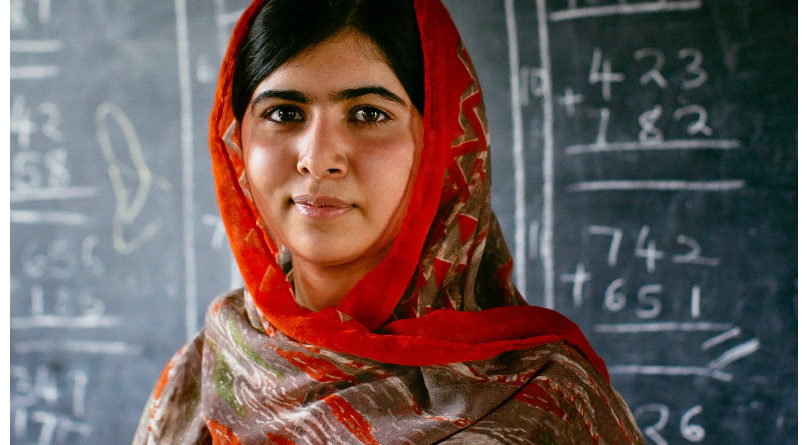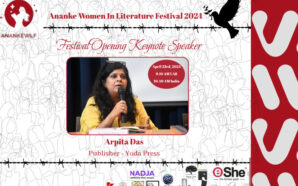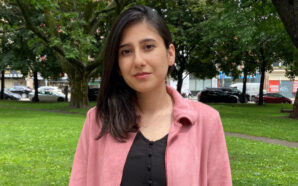Malala Day is observed every year on 14 July. It is not just a day to celebrate the youngest Nobel Prize winner for Peace, Malala Yousafzai from Pakistan; but a day for children everywhere to raise their voices and be heard. It is a day to stand up for education and against its enemies, fearlessly showing that girls, boys and women are stronger than the forces that threaten them from leading happy and productive lives.
Malala Yousafzai became a symbol of defiance after she was shot in Swat by the Taliban in 2012 for campaigning for girls’ rights to education. She has continued her advocacy and won the Nobel in 2014.
This year Pakistan’s Pakhtunkhwa Civil Society Network (PCNS) in collaboration with Khwendo Kor, MEN UNiTE, TNC, and Education Watch KP/FATA have today organized a media briefing to celebrate Malala Day to highlight the leading role that youth can play in enabling all children to get an education.
While access to education should not be constrained by borders, income, disability, gender or ideology, girls are still disproportionately disadvantaged by a lack of educational opportunities – a situation usually aggravated in conflict situations. The civil society activists emphasized that Malala day is an opportunity for a call to see all children in school and learning and to underline the right to a quality education even in the most difficult circumstances.
The bravery and determination displayed by Malala mirrors that of the girls and boys around the world, risking their lives every day as they pursue their right to an education. Books, not bullets, will pave the path toward peace and prosperity.
“Malala is an inspiration to millions,” said Qamar Naseem coordinator of MEN UNiTE Network. “Govt of Khyber Pakhtunkhwa should immediately adopt a resolution in favor of Malala Yousafzai which is still pending. Girls in Pakistan are often denied opportunities for education. Lack of education limits prospects, decreases family income, reduces health, puts women and girls at risk of trafficking and exploitation, and limits the economic advancement of entire country.” Adding: “The bravery and determination displayed by Malala mirrors that of the girls and boys around the world risking their lives every day as they pursue their right to an education. On Malala day, the civil society demands of our leaders to invest in books instead of bullets. Books, not bullets, will pave the path toward peace and prosperity.” he continued
Zar Ali Khan of Tribal NGOs consortium while talking on the occasion said: “For many, schooling is a great opportunity. It is disappointing to see that children in FATA face violence, hardships of displacement, and aggression of radical ideology every day, which is unacceptable. It is indeed encouraging to see that a small initiative for girls education in Swat Valley: it is spreading now all over the world.”
Maryam Bibi of Khwendo Kor while expressing her views on this occasion said: “Khwendo Kor believes that education for girls and women is the single most effective way to improve the lives of individual families as well as to bring economic development to poor communities worldwide. Despite progress in recent years, girls in Pakistan continue to suffer severe disadvantage and exclusion in education systems throughout their lives. Malala gives us hope and courage to change all this.”
“Girls’ access to education in Pakistan has been restricted. Despite improvements in the last 20 years, underlying factors still make the state education system inefficient and must be addressed if girls’ access to education is to be ensured. No child should have to die for going to school. Nowhere should teachers fear to teach or children fear to learn. Together, we can and we must change this picture. This should be the vision of Pakistan,” said Taimur Kamal Coordinator of Pakhtunkhwa Civil Society Network.
Rukhshanda Naz activists while talking to the media said: “Our country is facing many social, cultural, economic and political obstacles. We should look for and try to find solutions to these problems. Education policies need to be changed and we should bring a transformation at a local level through awareness and practical action. There is a dire need to spread awareness among people about equal access to education among men and women.











